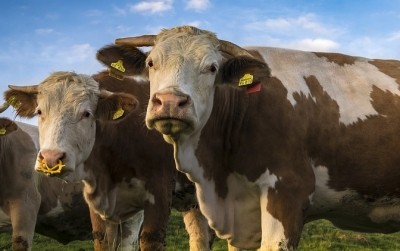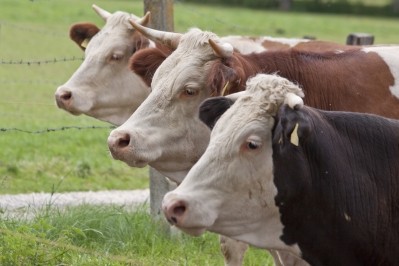Food and drink exports: ‘massive untapped potential’

Total exports reached £20.2bn last year, a rise of 10.5%, with overseas sales of branded food and non alcoholic drink achieving 11.5% growth to £5.2bn.
FDF director general Ian Wright said more government help was needed to unlock the full potential of export markets. “More specialist support for new and existing exporters, with fiscal incentives and financial assistance, would get more of the country’s 6,500 plus food and drink producers exporting,” said Wright.
To reach the target of growing branded exports by a third to more than £6bn by 2020, Wright urged government to match the help received by continental food and drink exporters. “Competing nations – such as, France, Germany and Italy – offer greater support for training, help with start-up costs and showcasing opportunities at international tradeshow platforms to build their band of exporters.”
Top 10 export markets
- Ireland
- US
- France
- Netherlands
- Germany
- Spain
- Italy
- Belgium
- China
- Hong Kong
‘France, Germany and Italy offer greater support’
The FDF was working with the government and the Food & Drink Exporters Association (FDEA) to help food and drink businesses compete more effectively in global markets.
The top three best sellers, excluding alcohol, remained chocolate, salmon and cheese.
Salmon exports rose by 16.4% last year, driven by large increases to France up 32.2%, Ireland up 24.6% and Germany up 98.9%.
Meanwhile, the UK’s food and drink trade deficit grew 5.7% to -£22.4bn. That reflected the falling value of sterling, which had helped to boost UK export competitiveness, but made imports more expensive.
The full impact of weaker sterling on British exports was expected to be seen in the first half of this year as companies negotiated new sales agreements with overseas buyers.
EU remained the UK’s largest market
The EU remained the UK’s largest market for food and non alcoholic drinks – accounting for 71.4% of total sales. The statistics underlined the key importance of continued unrestricted access to the EU Single Market of about 510M customers. See the map below for more information.
Exports to the US climbed by 13% to £2.2bn last year, making it our second largest export market and the largest outside Europe.
“The UK’s two largest export markets – Ireland and the US – together buy more than a quarter of all UK food and drink exports,” said the FDF.
China was the fastest growing market for UK food and non alcoholic drink, with sales up by 51.1% to £439.5M. China’s demand for branded UK food and non-alcoholic drink soared by 50% last year to £84.7M.
FDEA director Elsa Fairbanks said: “Hopefully, even more UK food and drink producers will be inspired to look beyond their home market and take advantage of the huge interest in quality UK food and drink produces and the improved competitiveness of sterling.”
Environment secretary pledges more government help for exporters
Environment secretary Andrea Leadsom attributed rising export sales to the UK’s reputation for taste, quality and high animal health and welfare standards. As Britain prepared for Brexit, there had never been a better time to develop new trading relationships, she said.
“But the food and drink industry cannot do this alone – we need to give them the skills, knowledge and contacts to make the most of the opportunities ahead,” said Leadsom. “I want to see more companies taking advantage of these opportunities, which is why we’re expanding our team of trade experts to support UK businesses, encouraging them to take the leap and share their quality produce with the world.”

















